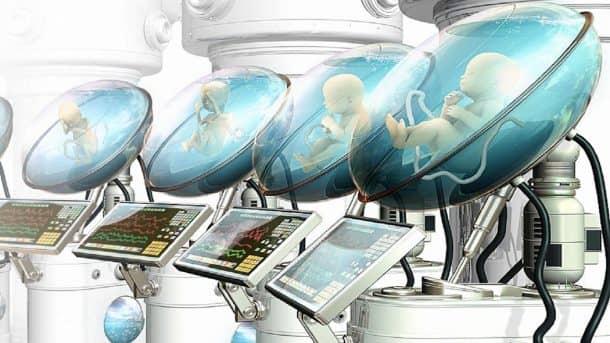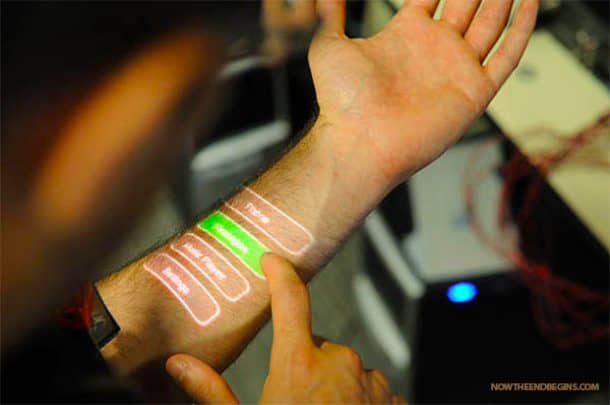Human race has a past where millions died by diseases as simple as diarrhea. We have developed the solutions and cures for many problems that the ancient humans faced, but our race towards the development of new technologies is not over yet. We began automating our lives over a century ago, and that has progressed enough that AI has now begun to replace human workers at a much larger scale than we imagined. The development is explosive enough that a tech magnate like Elon Musk has claimed that AI may be capable of taking over all jobs as soon as 2030.
This may be a little alarming, but technology has already managed to replicate voices, make fake videos, build houses, and what not. This makes the future sound way more freakish, while raising concerns over the morality of AI and other technologies. Whether or not the technology is ethical, we are bound to see it around us. Here are 7 best future techs that are developing to change our lives.
7. Vertical Farms
Farming is a profession that half of the Earth population relies on, employing about 1.3 billion people worldwide. With the explosive growth of human population, the land seems to fall short for growing enough food to feed all humans. The first vertical farm opened in Singapore in 2010, and researchers expect it to become the predominant mode of agriculture by 2025. The technique could produce 300 times the crops that we produce in the same acreage right now. Establishing 150 such farms rising to 30 stories could be enough to supply the entire New York with a sustainable food source. This will not only reduce the transportation costs, but it will also help to recycle all the organic matter, making farming more sustainable and environment friendly.

6. Ectogenesis
The growth of mammalian embryos in an artificial environment is known as Ectogenesis. The purpose is to stimulate all the effects of the natural growth environment using artificial vocal recordings, movements, and other sensations. Recent developments have managed to create 3D printed ovaries and have grown premature goat embryos in synthetic wombs. Researchers expect the technology to be useful by 2034 and become mainstream in the next decade. Anyone seeking to abort a child could place the baby in the artificial womb and give it up for adoption. It will also eliminate the need for a surrogate mother for single men or homosexual couples.

5. Virtual Telepathy
The technology for virtual telepathy has been around for years, but it has not yet progressed beyond massive and intricate hardware to do the very basic of things. By 2040, the tech could be developed enough to spread even in the poor areas of the globe. Brain mapping advancements, along with the development of more comfortable headsets are speeding up the process of making this an established way of communication.

4. Intelligent Buildings
The internet of things, as we see today, will not remain as simple as connecting a bunch of devices. The future is headed to catalyzed resource depletion and climate change that asks for buildings that are self-sufficient. They will be equipped with renewable energy sources that are integrated with the architecture, may it be solar panel windows or algae biofuel cells spread over the facade. Floors in the same buildings could be assigned for farming, and the water will be supplied through rain and condensation. Spare parts will be manufactured using handy 3D printers available everywhere.

3. Anti-Matter Powered Spacecraft
Antimatter search has been going on for ages and scientists at CERN managed to trap the particles for the first time in 2010 for 0.02 seconds and a year later for 17 minutes. The explosive growth of computer processing, nano technology, and artificial intelligence will allow us to create a spacecraft powered by antimatter by 2067. If achieved, the tech could reduce a trip to Jupiter to about four months.
2. Implantable Mobile Phones
In the next few years, being attached to your phone won’t just mean that you are using it a lot. Mobile phones in the future may be implanted under your skin, around 2023. Some predict that implantable mobile phones will be commercialized in less than a decade. These devices will be able to track health and allow brain wave communication. Devices like pacemakers and cochlear implants have already established themselves as viable health tools, so we can expect the common adoption of implantable technologies in the next few years.

1. 3D Printed Organ Transplant
Development in health technologies have enabled us to use organs donated by other people, but the wait to get a donated organ can go on for very long years. It can be as long as 5 years to find a kidney donor, so scientists have resorted to produce organs through 3D printing technologies. There has been quite some success in creating artificial hearts through 3D printing, and the future of bio-printing suggests that we may be able to transplant the first synthetic liver by 2024.

Aren’t these technologies amazing as well as scary for us? Share your views in the comments’ section below.


